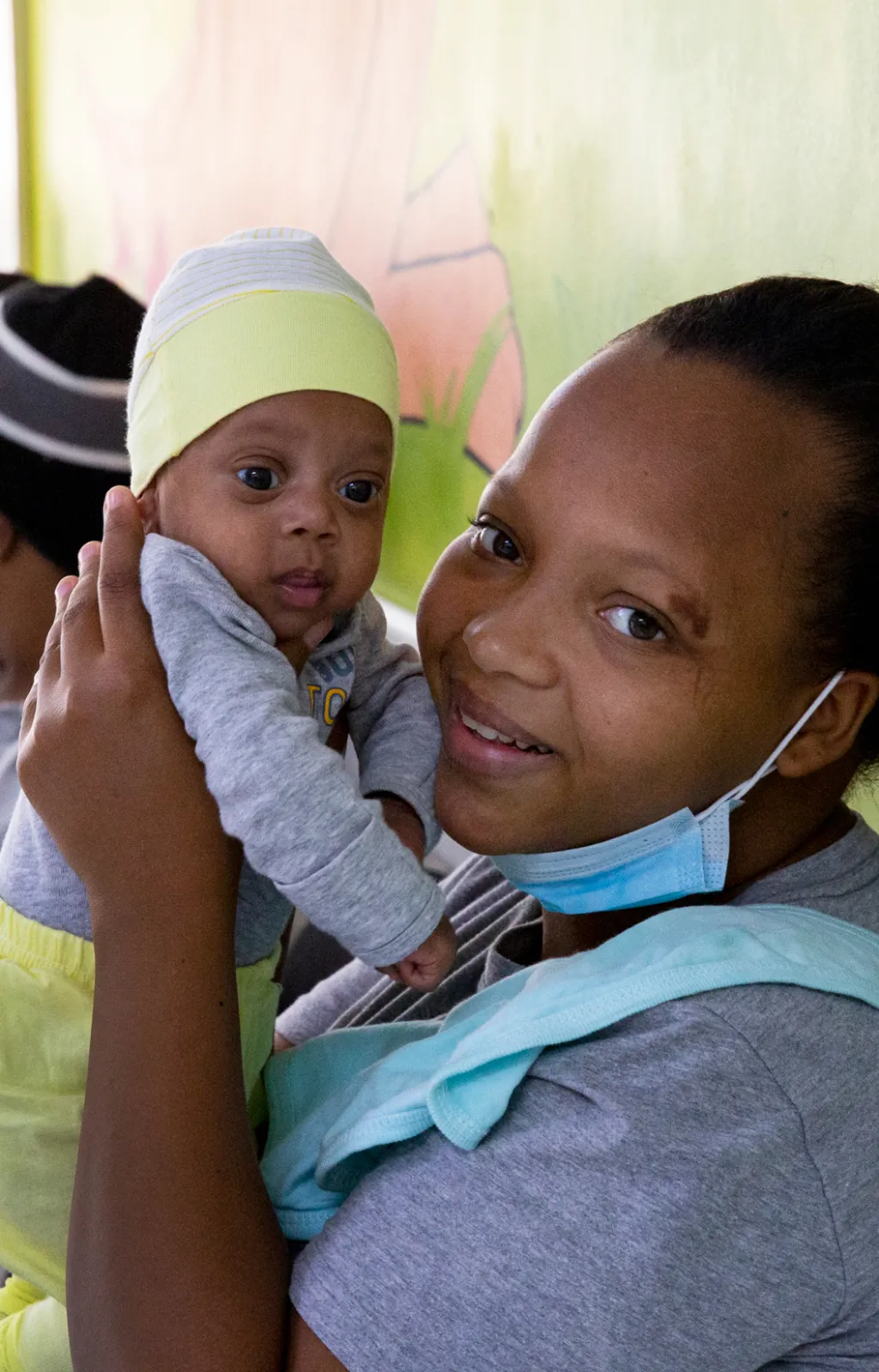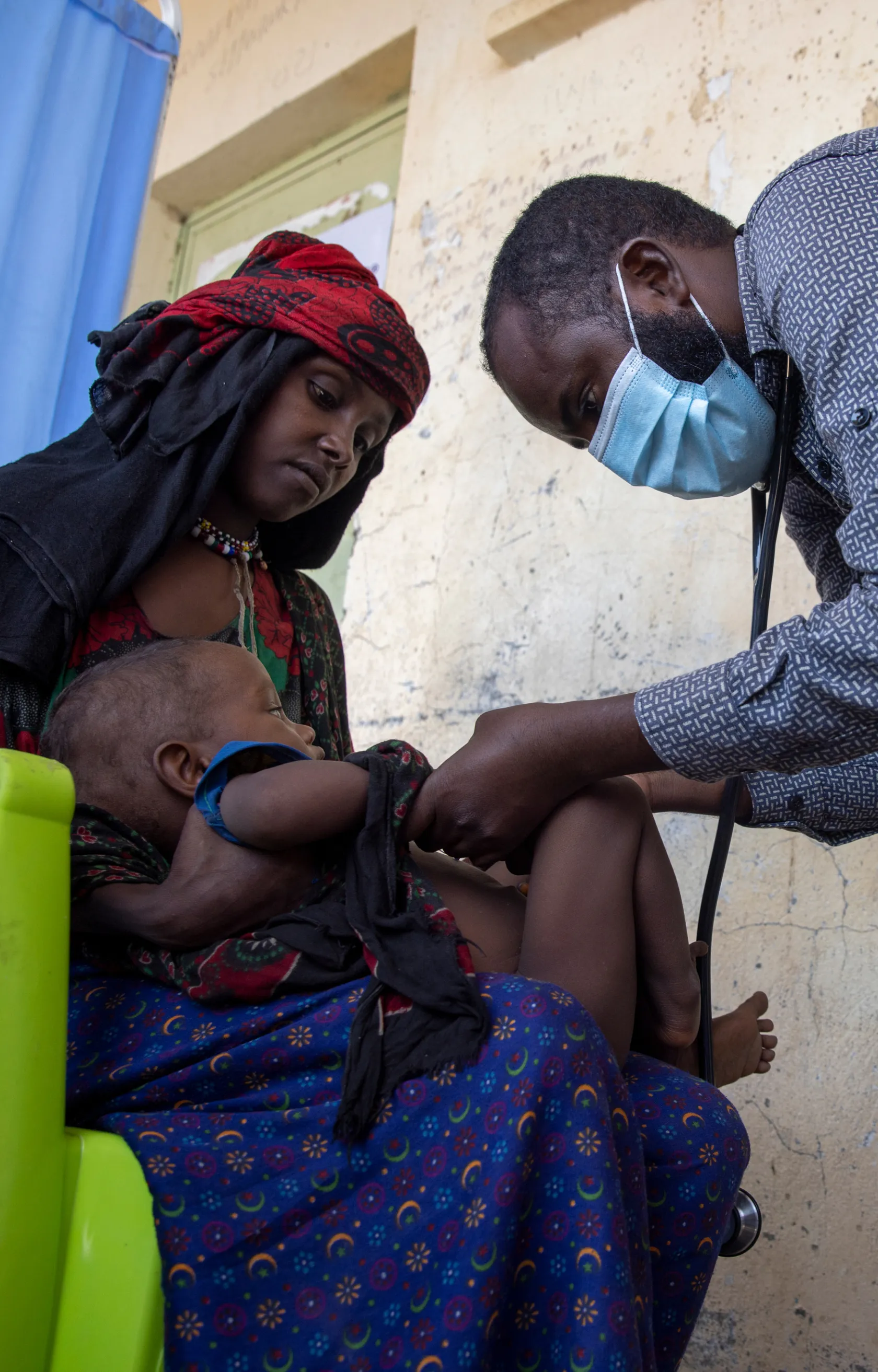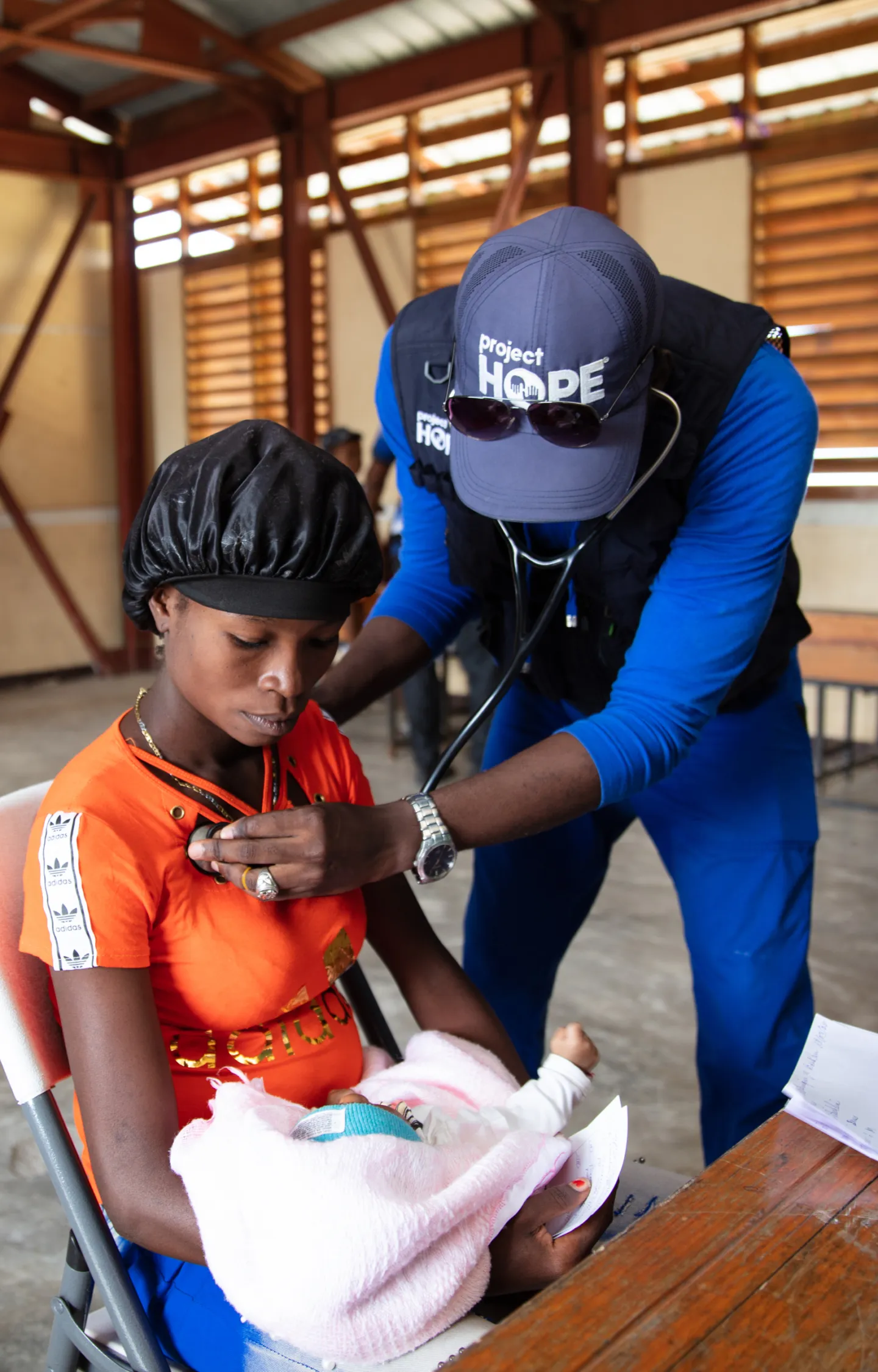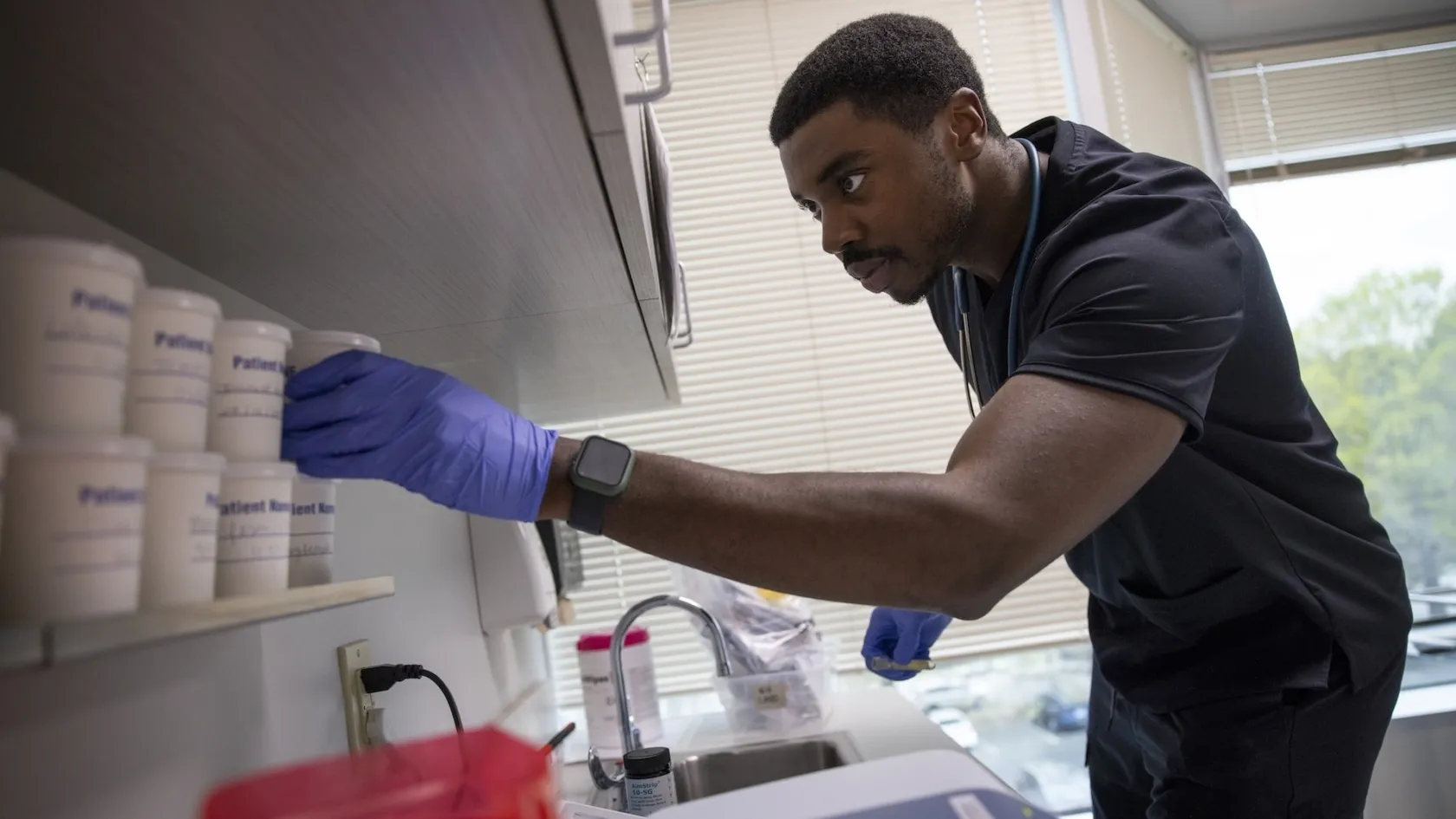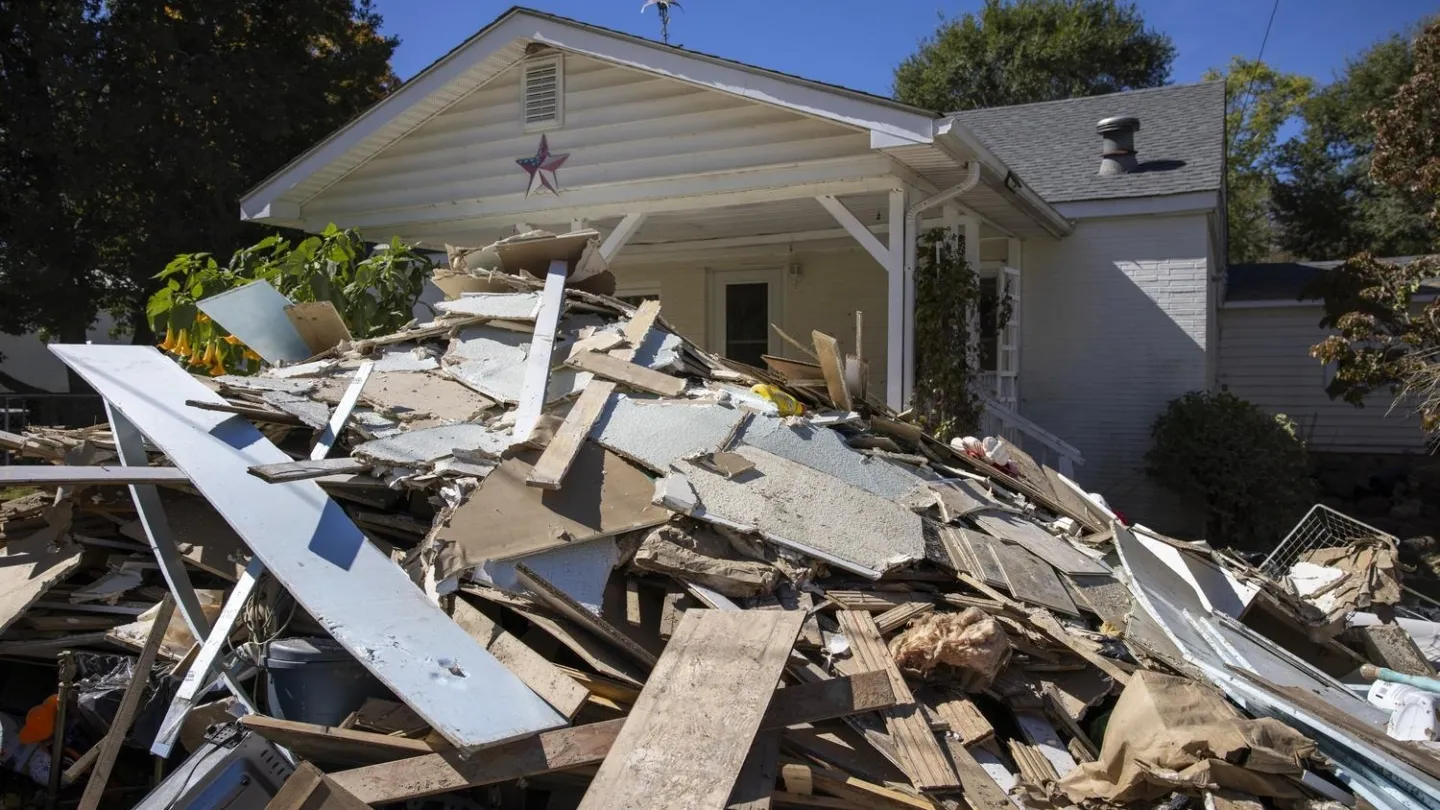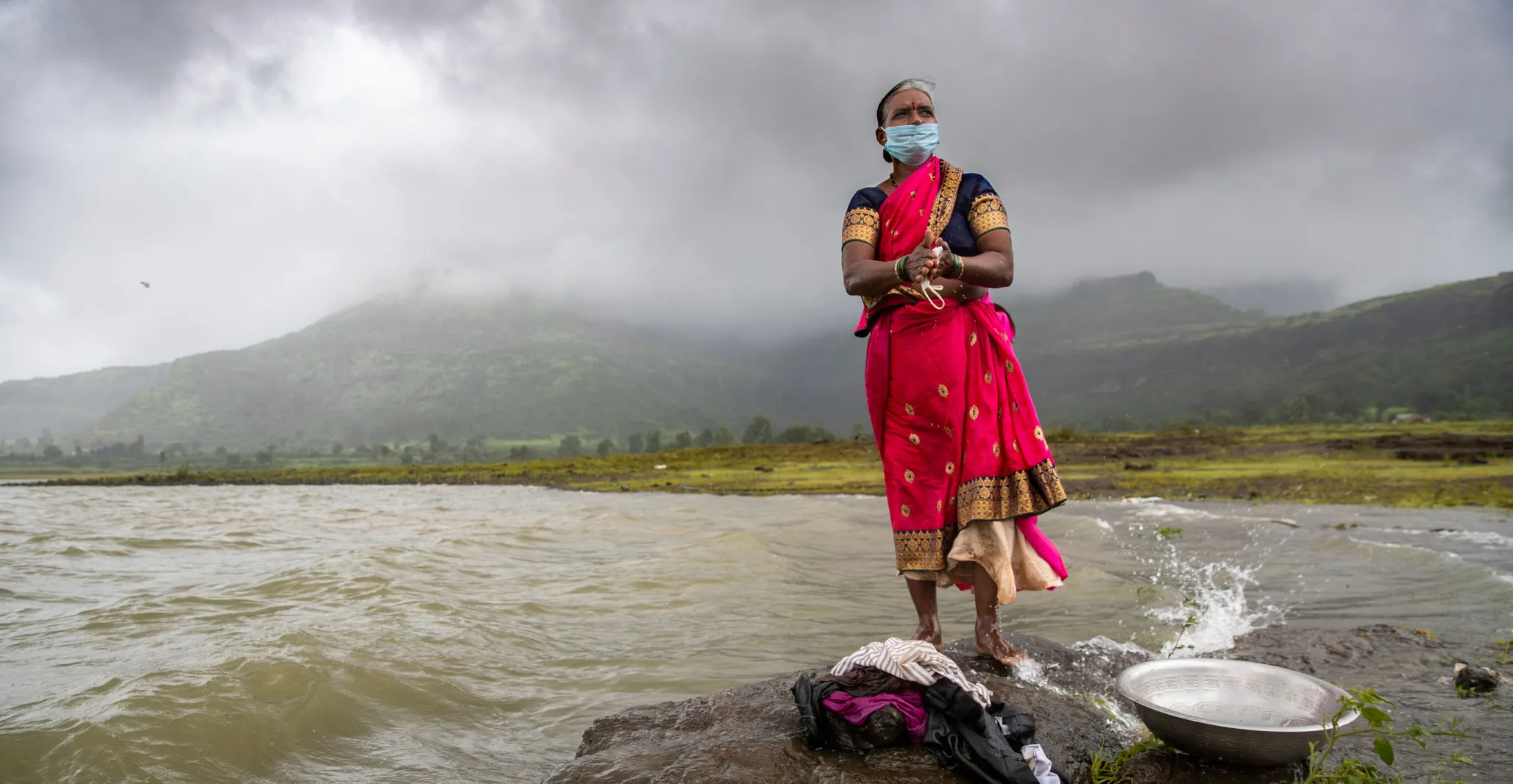

Climate & Health
Preparing and strengthening the capacity of health workers and local health systems to withstand and respond to future climate disasters
Our Approach
The climate crisis is a global health crisis that disproportionately affects people and communities who are already vulnerable to health challenges. The climate crisis is not a distant threat. Its impacts are already being felt by communities around the world — persistent droughts that cause famine, rising sea levels that cause mass displacement, or extreme weather events that traumatize communities and disrupt health care access.
Project HOPE has a long history of providing urgent humanitarian and health assistance to communities experiencing climate-induced health emergencies, which are increasing in both frequency and severity. As the crisis deepens, we are preparing and strengthening the capacity of health workers and local health systems to withstand and respond to future climate disasters.
Around the world, our team:
- Provides nutritional assistance to children, pregnant women, and communities impacted by droughts
- Prepares for infectious disease outbreaks and mitigates their impact
- Trains health workers and health systems for the future impacts of the climate crisis
- Responds to urgent humanitarian needs that arise during climate-induced health emergencies like droughts, flooding, and other extreme weather events
- Strengthens the capacity of local organizations and health workers to respond to emergencies
- Advocates for reduced CO2 emissions on the community, national, and international levels
- Delivers innovative programming and interventions in rural and climate-affected communities
The Context
From the air we breathe to the water we drink, the climate crisis has a serious and direct effect on our health. In times of mass displacement, disaster, extreme weather, and chaos, all people — but especially woman and children — are at an increased risk of harm, negative health outcomes, and serious mental health challenges. The climate crisis is also causing an increase in injuries, interrupted access to health care, crop failures, water scarcity and salinity, economic hardships, reduced health care options, and malnutrition.
The climate crisis is here. Project HOPE is rapidly preparing communities and health systems and stands ready to respond when climate emergencies erupt.

